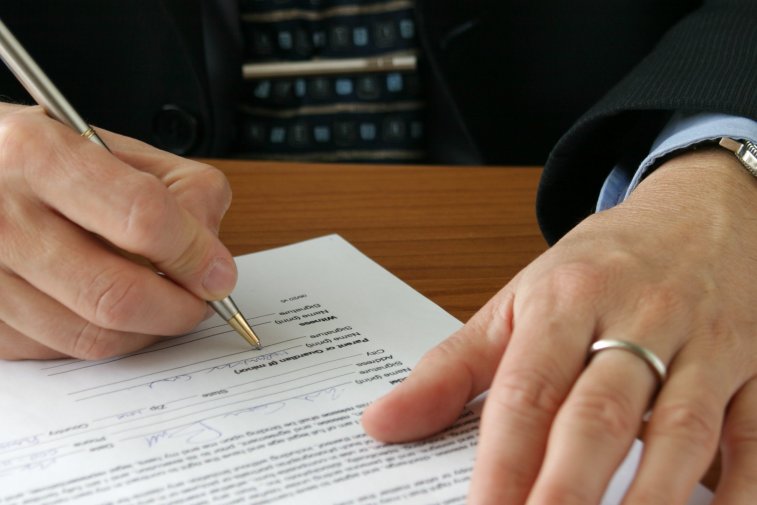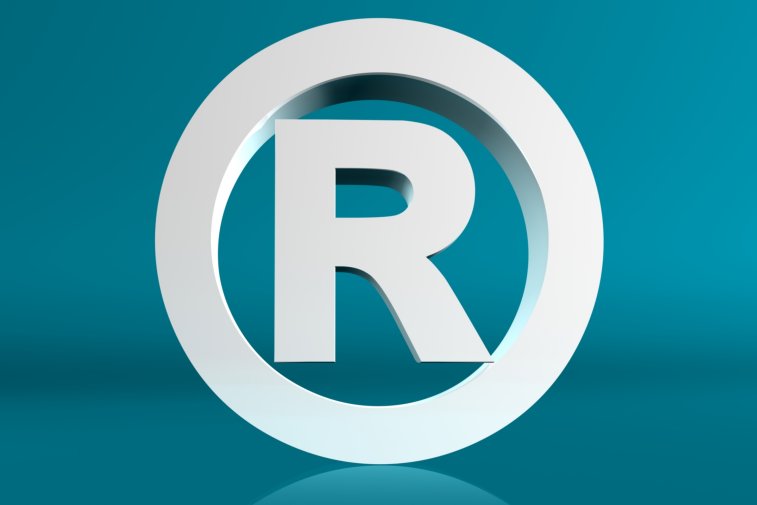
Blog


 In order to effectively determine what the appropriate bankruptcy avenue should be for a given individual or entity, multiple steps should be considered. Where did the debt come from? The first question is to determine what caused the individual or corporation to accumulate the amount of debt owed. For example, an entity may have a …Read more
In order to effectively determine what the appropriate bankruptcy avenue should be for a given individual or entity, multiple steps should be considered. Where did the debt come from? The first question is to determine what caused the individual or corporation to accumulate the amount of debt owed. For example, an entity may have a …Read more  Just about every business, including your family business, likely owns some form of intellectual property (“IP”). IP can include trademarks, patents, copyrights or trade secrets. IP rights allow your business to protect economically valuable intangible assets. Once secured, IP rights allow your company to develop powerful competitive advantages in the marketplace where your goods and …Read more
Just about every business, including your family business, likely owns some form of intellectual property (“IP”). IP can include trademarks, patents, copyrights or trade secrets. IP rights allow your business to protect economically valuable intangible assets. Once secured, IP rights allow your company to develop powerful competitive advantages in the marketplace where your goods and …Read more  In the case of the bankruptcy of my business and the payment of creditors, is it better to liquidate the assets or default on creditor lawsuits? If given the choice, it is preferable to liquidate the assets yourself if you maintain control of them. Often, debtors may ask the bank to liquidate the assets which …Read more
In the case of the bankruptcy of my business and the payment of creditors, is it better to liquidate the assets or default on creditor lawsuits? If given the choice, it is preferable to liquidate the assets yourself if you maintain control of them. Often, debtors may ask the bank to liquidate the assets which …Read more  You’ve decided to start a new technology company with several colleagues from your past and present employers, and a college friend with a background in finance. Everyone is excited about the new venture. That excitement, however, sometime clouds what would otherwise be the group’s methodical planning process and thoughtful execution of the business plan to …Read more
You’ve decided to start a new technology company with several colleagues from your past and present employers, and a college friend with a background in finance. Everyone is excited about the new venture. That excitement, however, sometime clouds what would otherwise be the group’s methodical planning process and thoughtful execution of the business plan to …Read more  The main difference between Chapter 11 and Chapter 13 is that a Chapter 13 bankruptcy requires that the debtor pay his or her debts within five years. On the other hand, Chapter 11 allows the filer to extend the five-year period unlike Chapter 13. Another difference is how much the Debtor has to pay creditors. …Read more
The main difference between Chapter 11 and Chapter 13 is that a Chapter 13 bankruptcy requires that the debtor pay his or her debts within five years. On the other hand, Chapter 11 allows the filer to extend the five-year period unlike Chapter 13. Another difference is how much the Debtor has to pay creditors. …Read more 